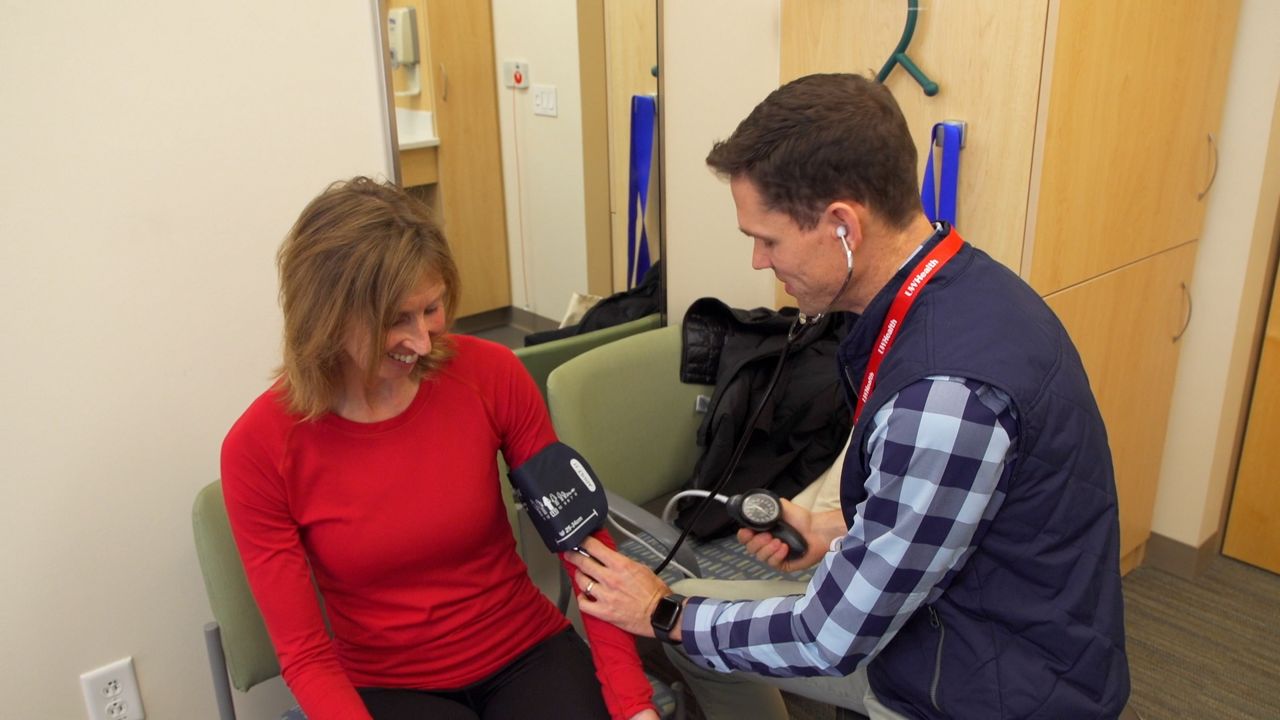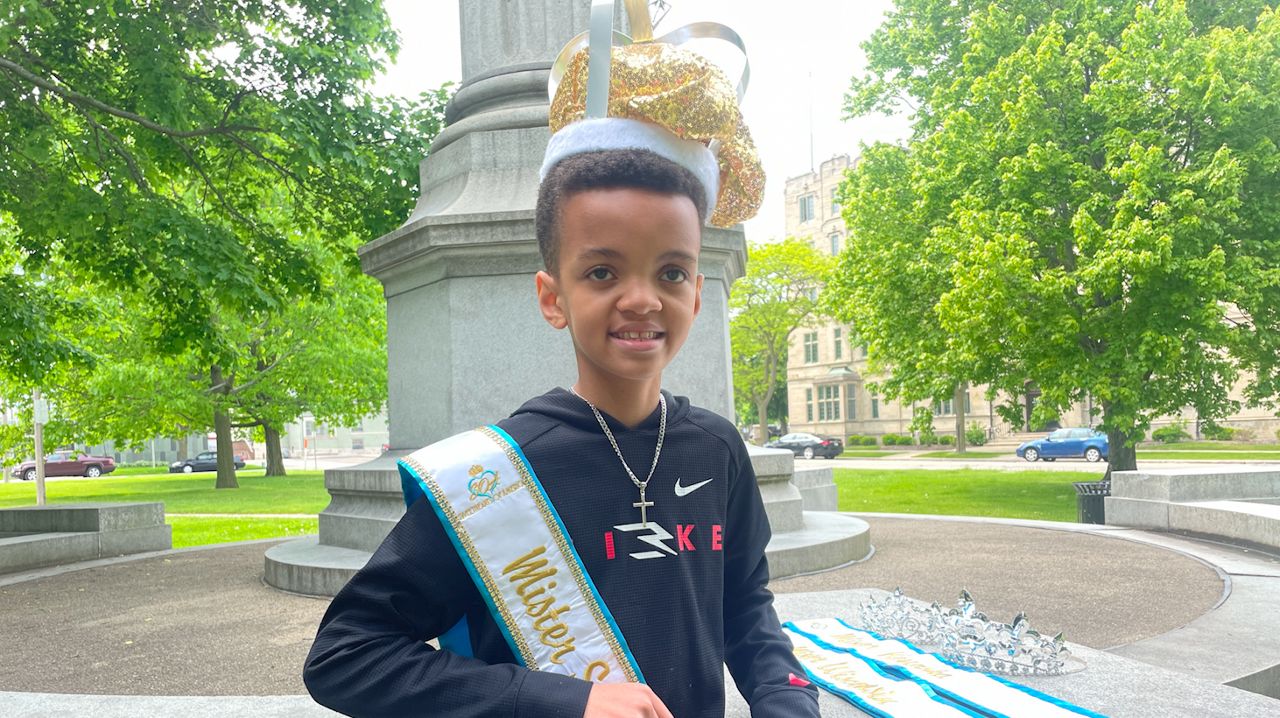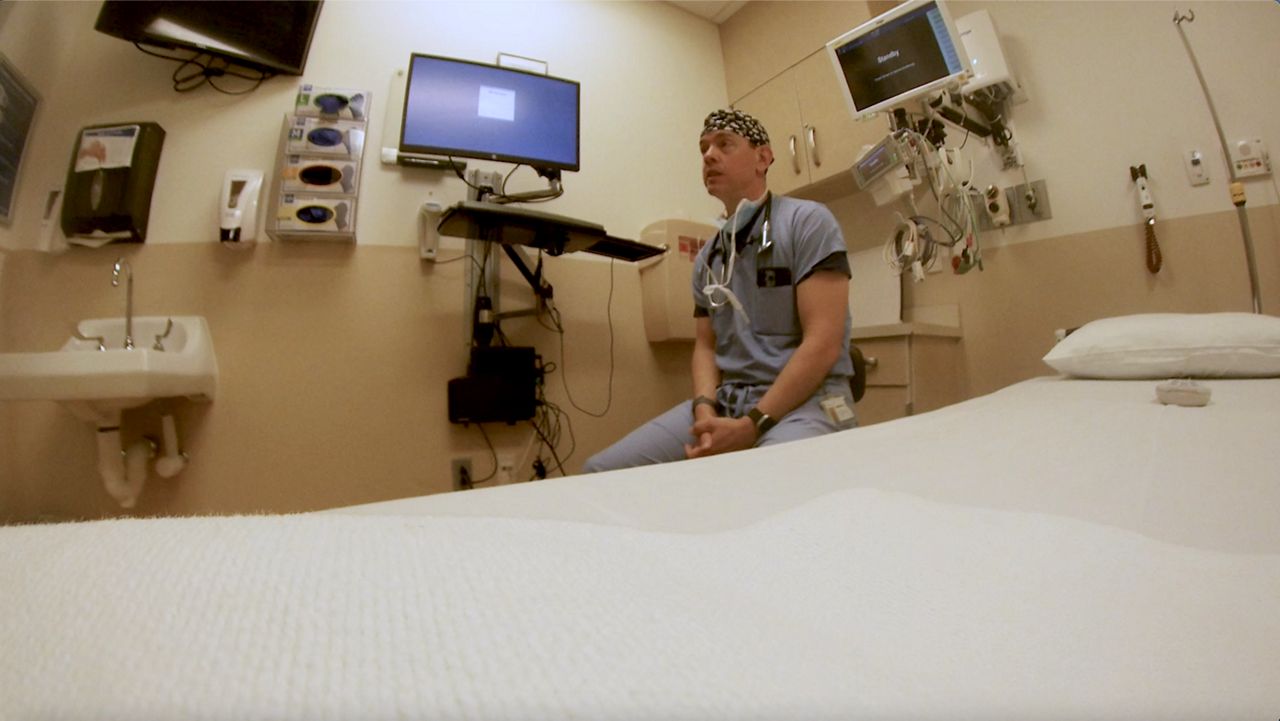MADISON, Wis. — Over 932,000 people have died from overdoses since 1999.
And Fentanyl is playing a large role in the recent increase in deaths.
Erin and Rick Rachwal lost their son, Logan, to a fentanyl overdose while he was away at college.
“We have two boys, Logan and Kayden, and Kayden is our younger son, so he is obviously now an only child,” said Erin Rachwal.
When Logan was a 14-year-old boy, the Rachwal’s recalled that he had injured his leg playing sports and was prescribed Oxycodone.
“We did notice about three days into it that he was experiencing being high,” said Erin Rachwal.
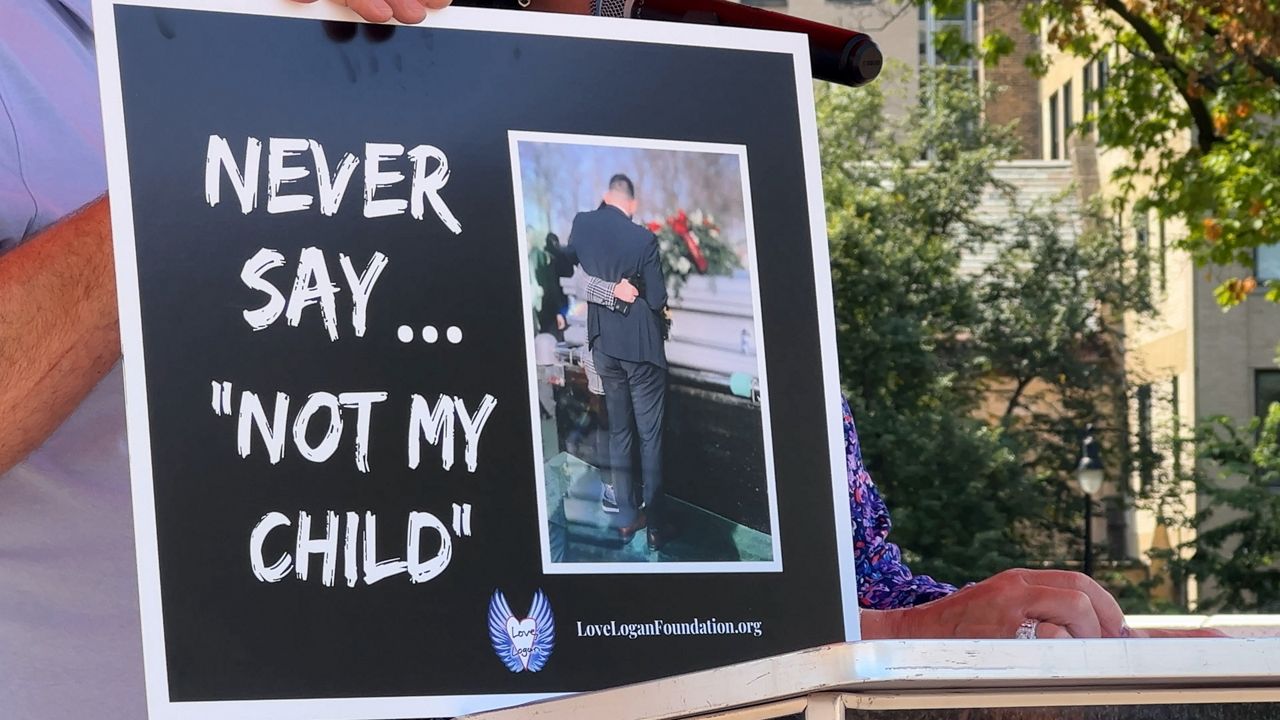
The Rachwal’s quickly got Logan off of the pills and had a conversation with him about addiction, but they said they believe from that moment on, he was a different person.
“He was more isolating, started to want to quit sports, defiance — stuff that we weren’t dealing with before,” said Erin Rachwal.
The Rachwal’s said their son always struggled with mental health issues and even though they tried everything they possibly could to address them, those issues never went away.
“[We continued] to get him help, different treatment facilities and so forth,” said Erin Rachwal.
After graduating high school, Logan got into the University of Wisconsin-Milwaukee and his parents thought this would be a fresh start for him.
But then, they received a phone call that would change everything.
“He was in his freshman year and we were sitting on the couch. It was about 8:37 and I got a phone call,” Erin Rachwal said.
Logan’s best friend had called the Rachwal’s, saying something had happened to their son, but it wasn’t until they drove to the university that they found out he had died of a fentanyl overdose.
Logan was FaceTiming with his girlfriend when he overdosed, but she thought he had just fallen asleep.
“He was probably laying there for about 12 hours,” said Erin Rachwal. “It’s not her fault. She hadn’t been educated on drug poisoning or what your body shutting down would be.”
The Rachwal’s said they believe that if there was more awareness being taught about overdoses and drug use, that their son might still be alive today.
“There are so many kids who do not understand the signs, they don’t know the seriousness of it,” said Erin Rachwal.
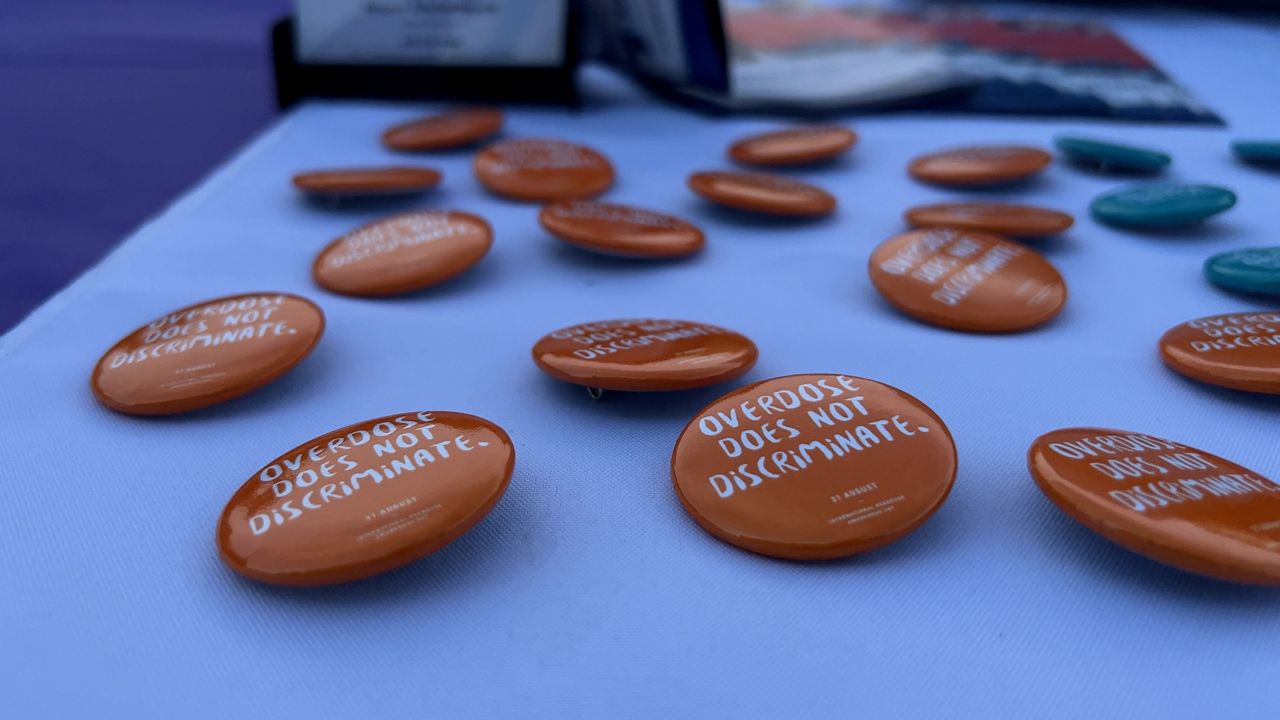
September marks Overdose Awareness Month and on Saturday, Wisconsin Voices for Recovery held a rally to spread awareness and break the stigma around overdoses and drug use.
Cindy Burzinski, director of Wisconsin Voices for Recovery, said many families lose their loved ones every year and events like the rally are meant to show them they are not alone.
“Overdoses are on the rise,” said Burzinski. “A rally like this is really important because it brings people together, creates that connection and lets people know that there is a lot of organizations out there that are supporting.”
What is Fentanyl?
Fentanyl is a powerful synthetic opioid, and it is similar to morphine, but 50 to 100 times more powerful.
It is also a prescription drug that is being made and used legally.
Drug dealers often “cut” drugs like cocaine, MDMA, heroin and marijuana with fentanyl because it is so potent; this allows them to make more money off their product but also results in more overdose deaths among drug users.
What are signs that someone is overdosing?
- Mental confusion
- Difficulty remaining conscious
- Lack of responsiveness
- Seizures
- Vomiting
- Slow and irregular breathing
- Slow or no heart rate
- Low body temperature
- Pale or blue tinged, clammy skin
What do I do and who do I call if someone is overdosing?
- Check for symptoms
- Call 911 right away
- Administer Narcan: Essentially, when someone is overdosing, there is no oxygen going to their brain and Narcan temporarily blocks the effects of the opioids, helping to keep the person conscious and breathing until paramedics arrive.
Narcan can be administered as many times as needed and anyone can receive Narcan training.
Will I get in trouble if I call 911 regarding an overdose?
If you have a friend or family member who is overdosing, do not be scared to call 911 because you will be protected by the Good Samaritan Law.
The Good Samaritan Law states that, “any person who renders emergency care at the scene of any emergency or accident in good faith is immune from civil liability for the person’s acts or omissions in rendering such emergency care.”







